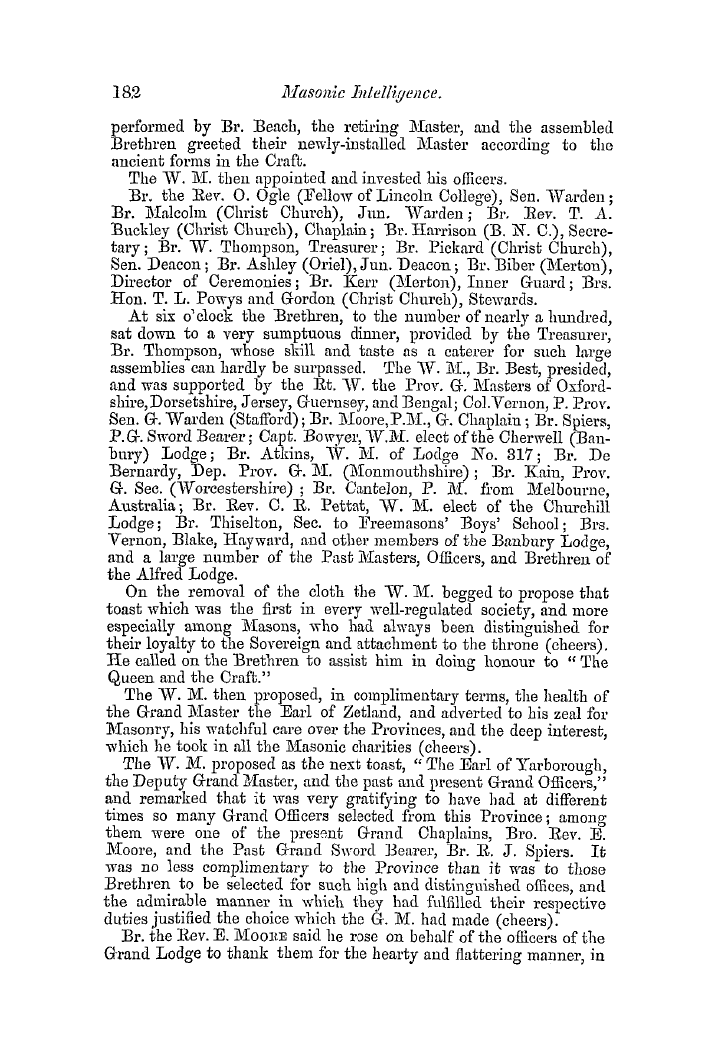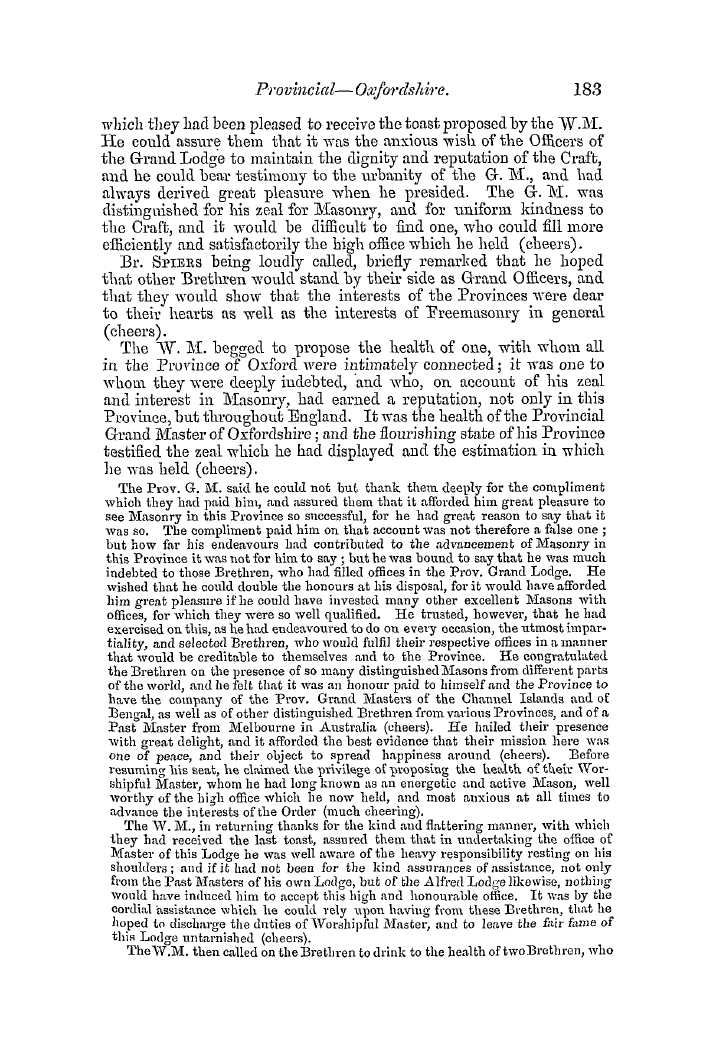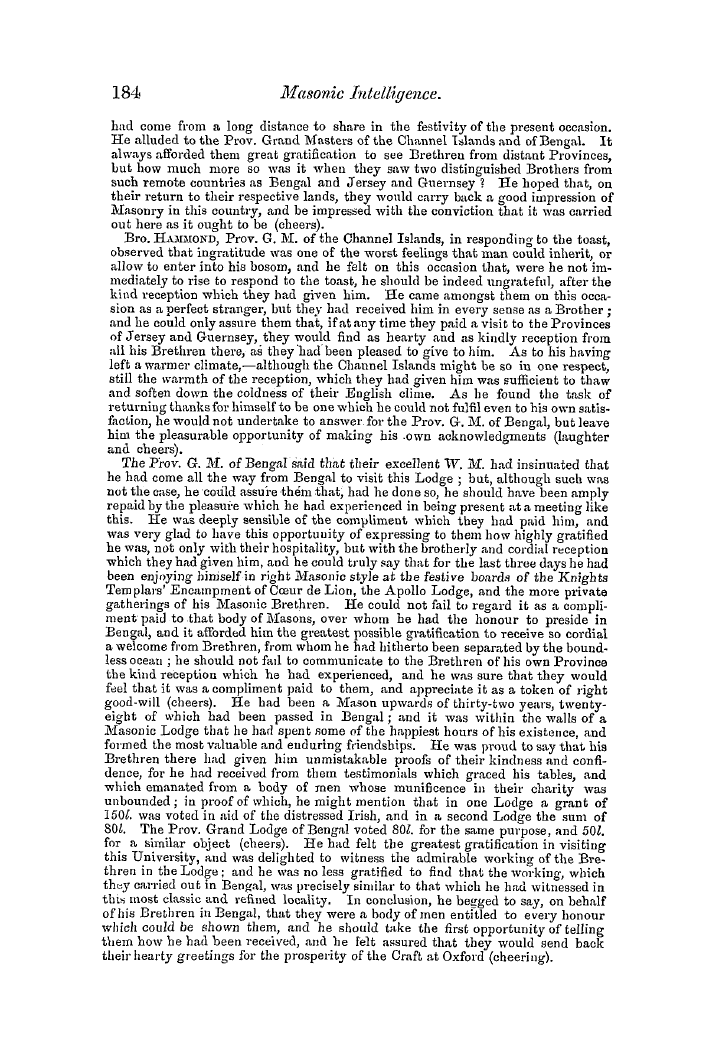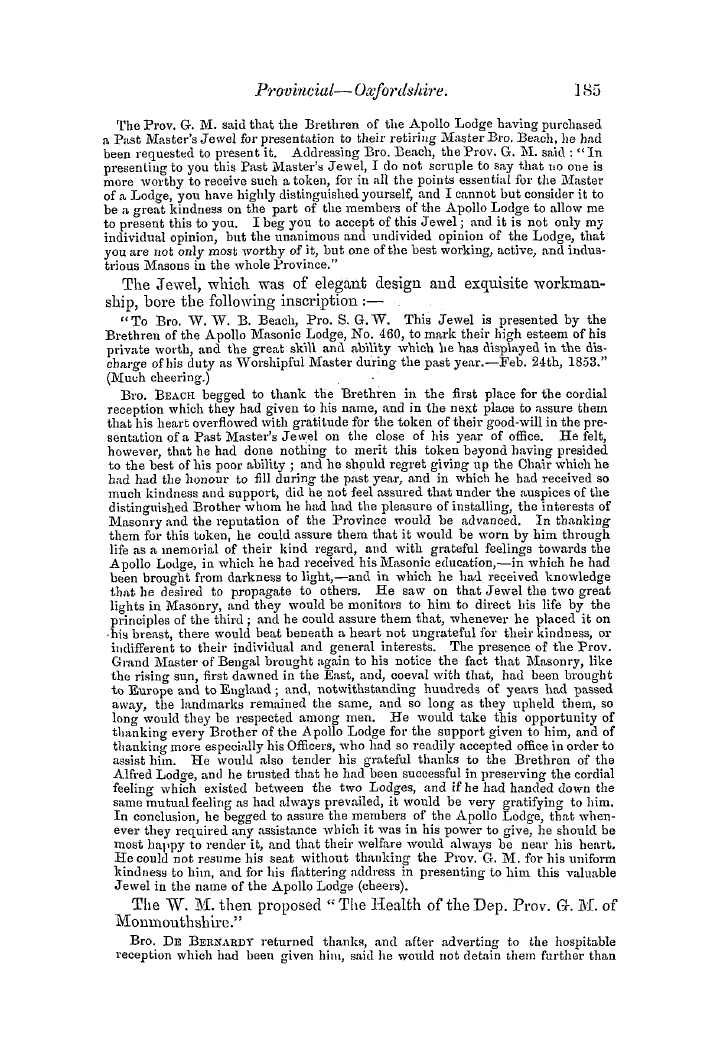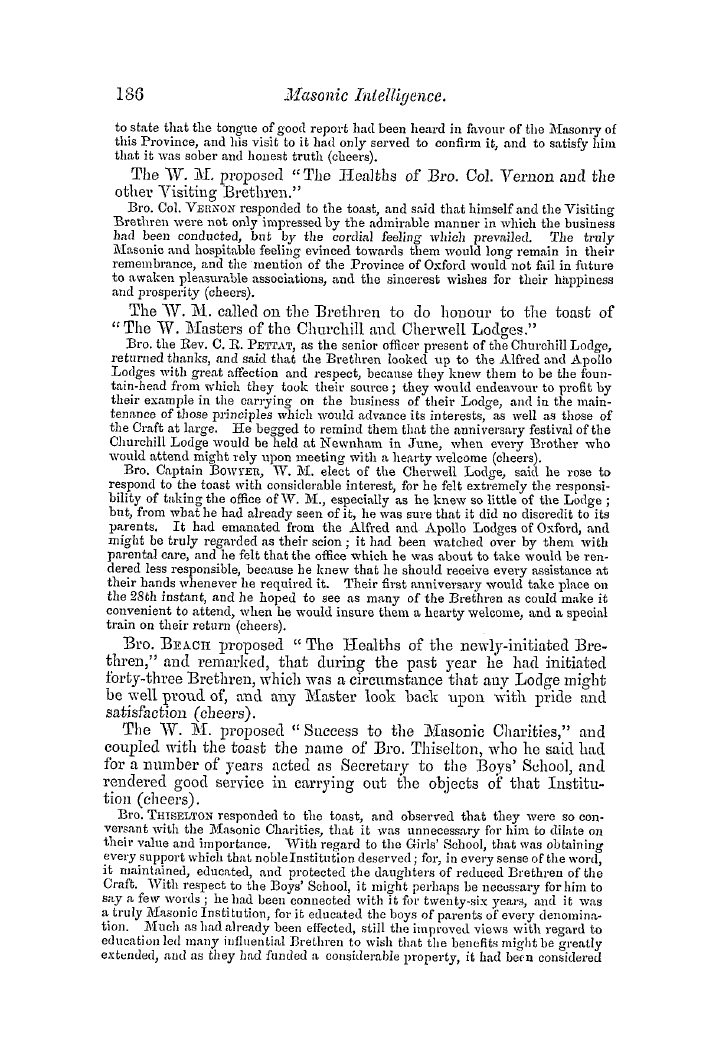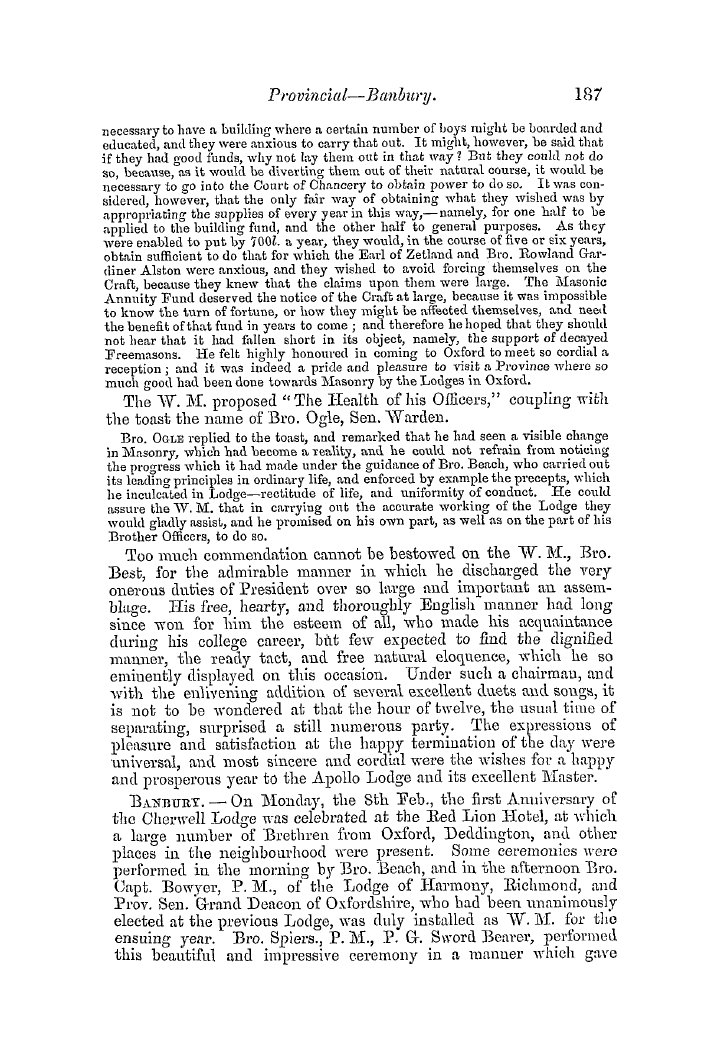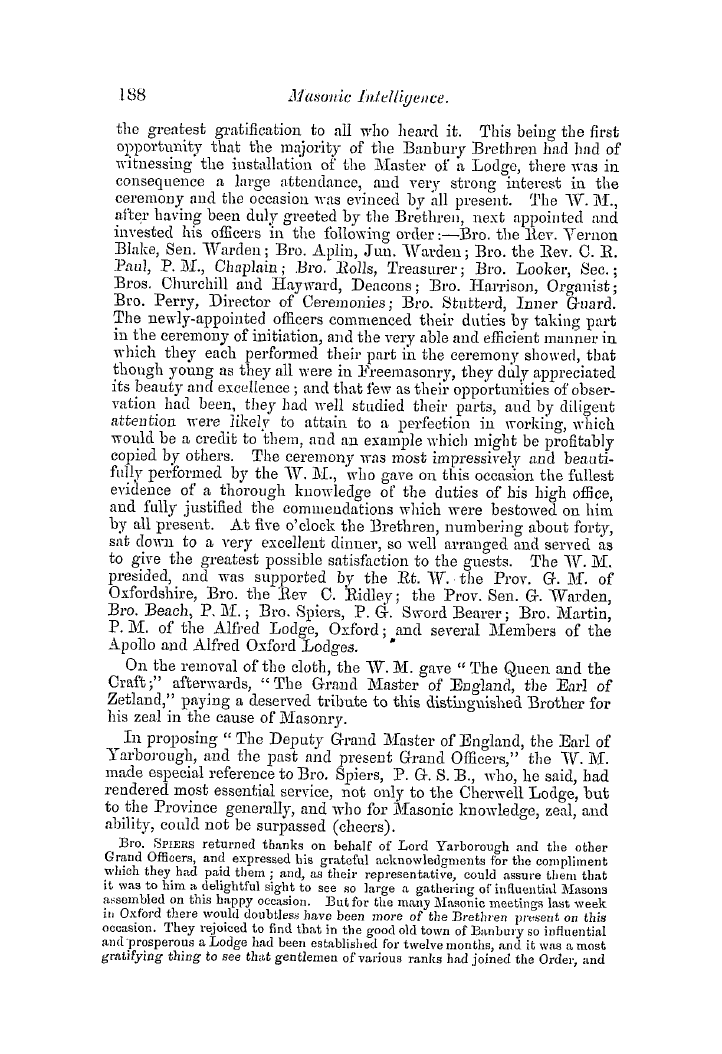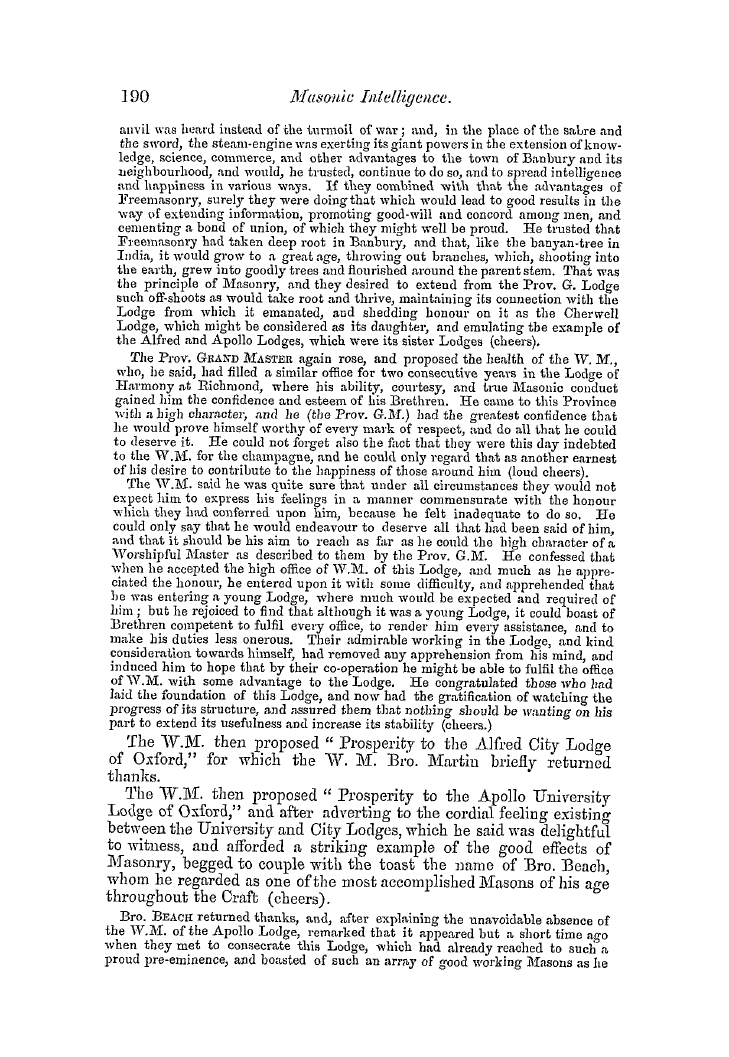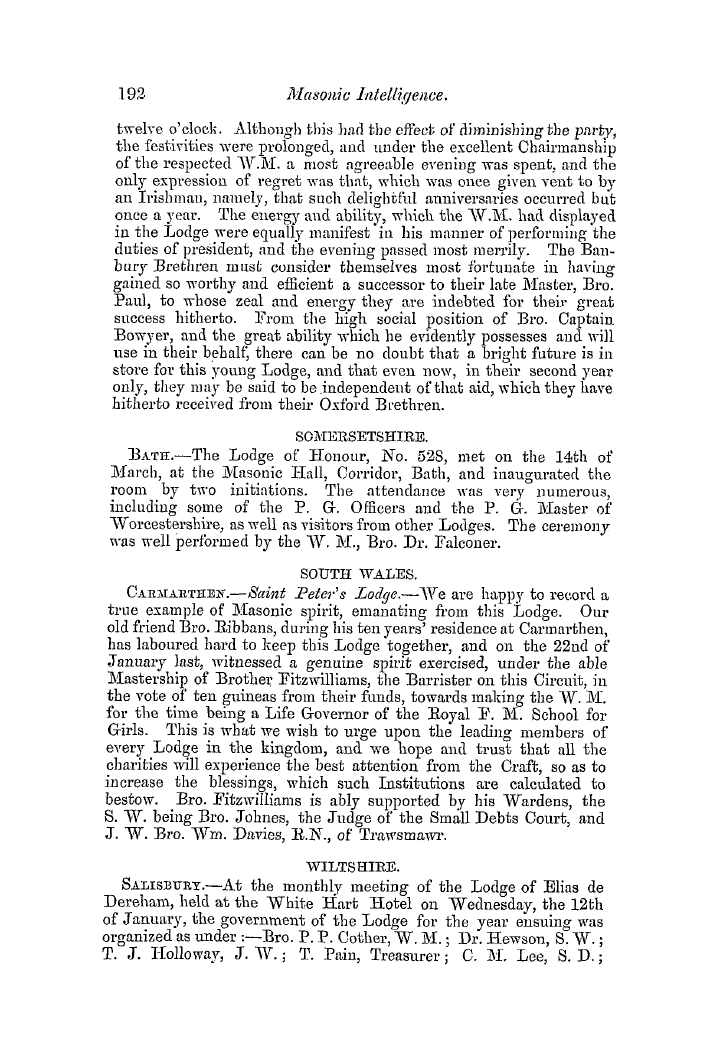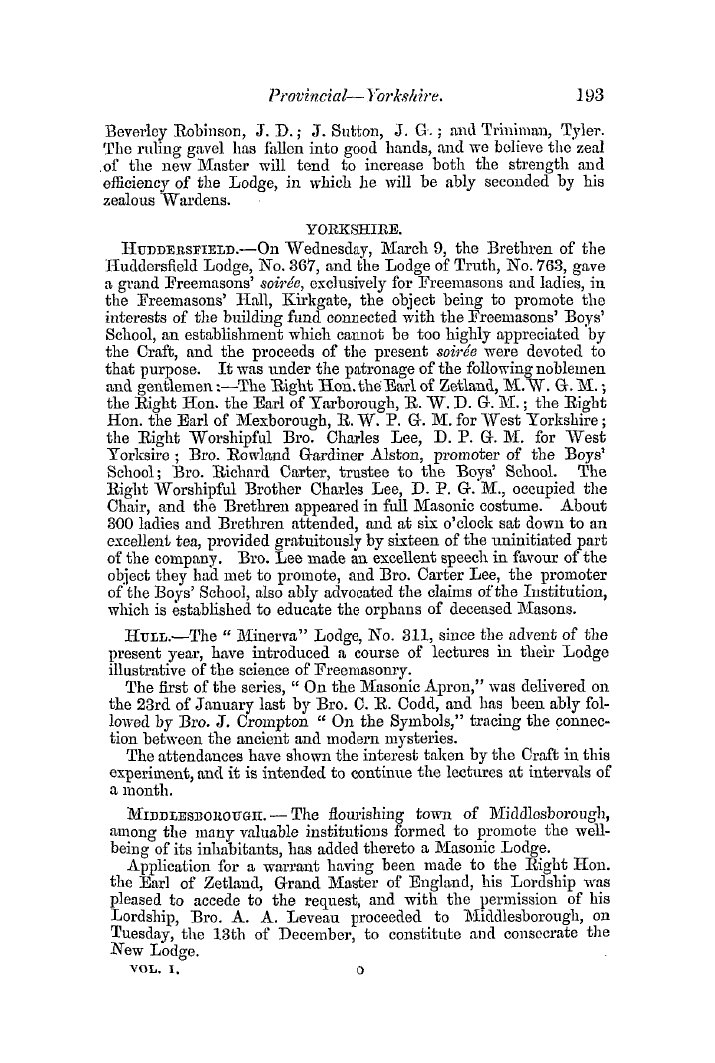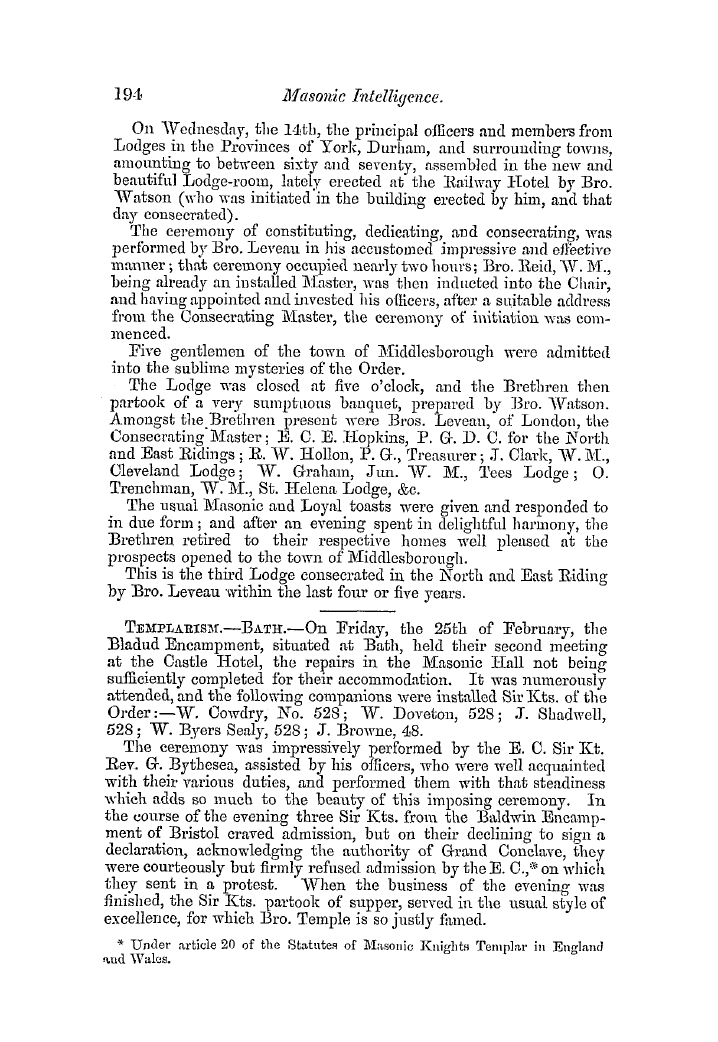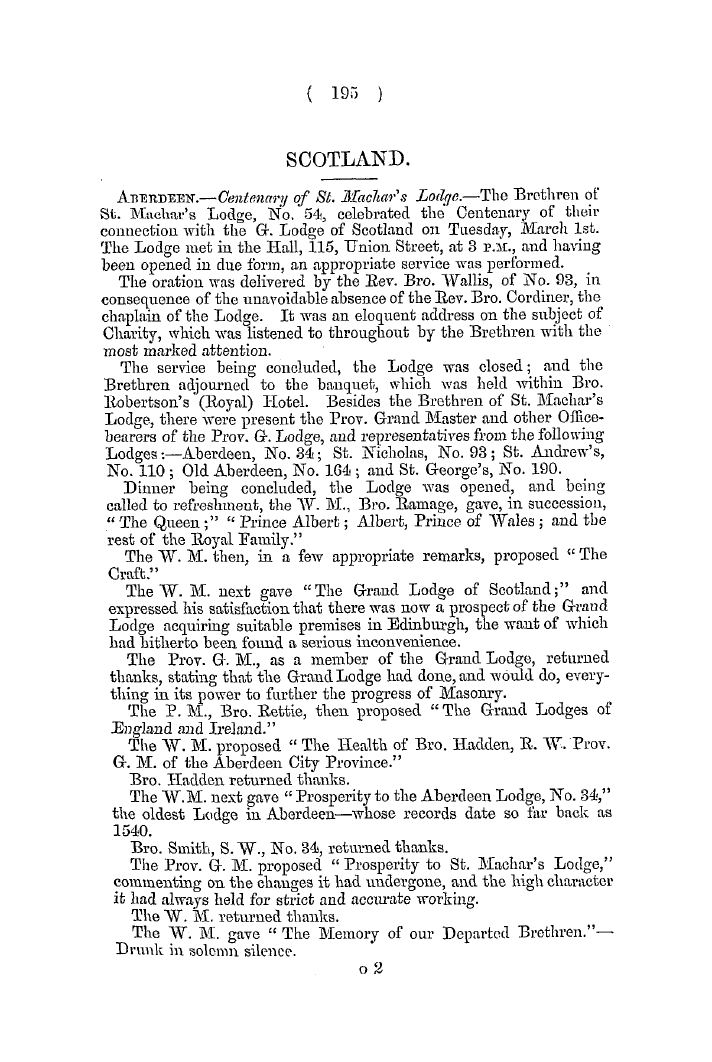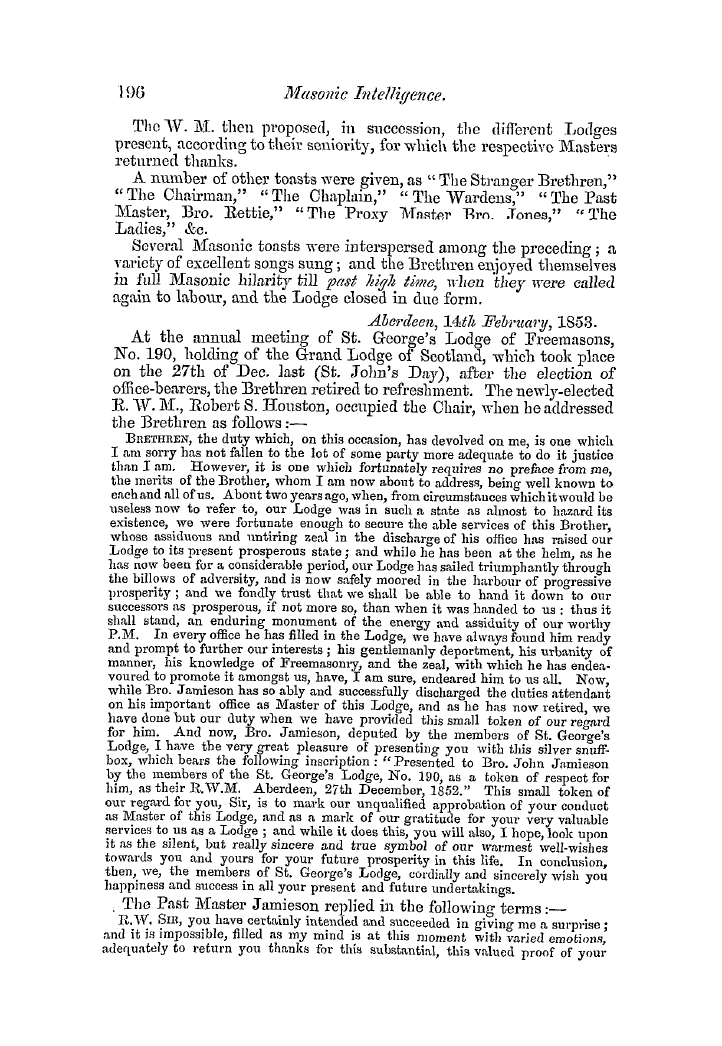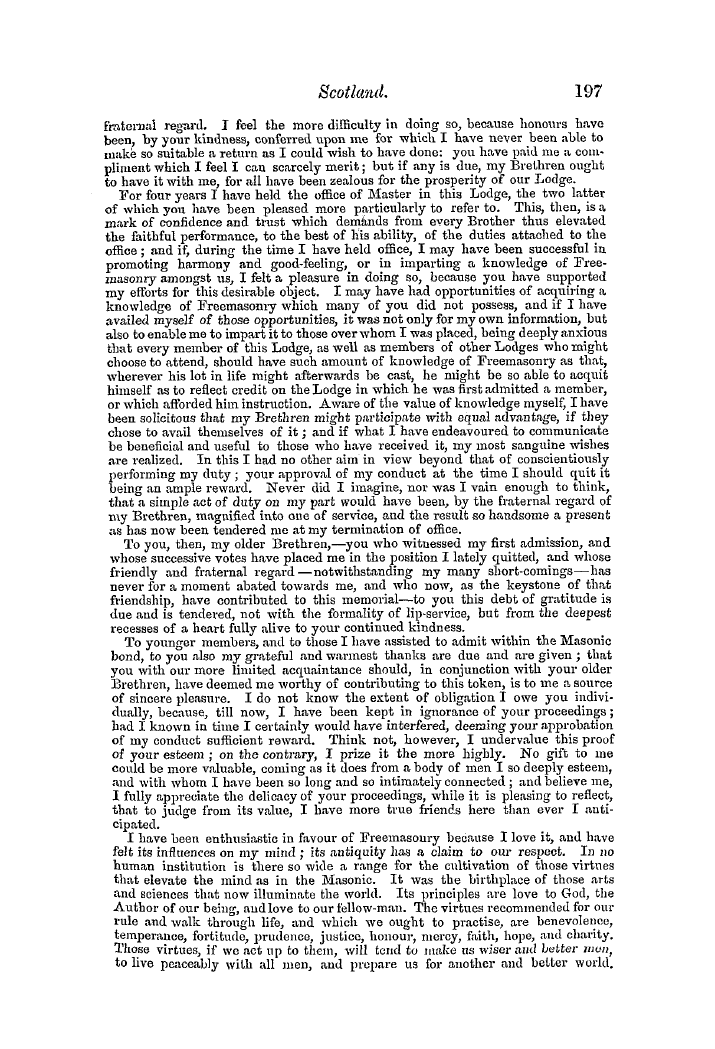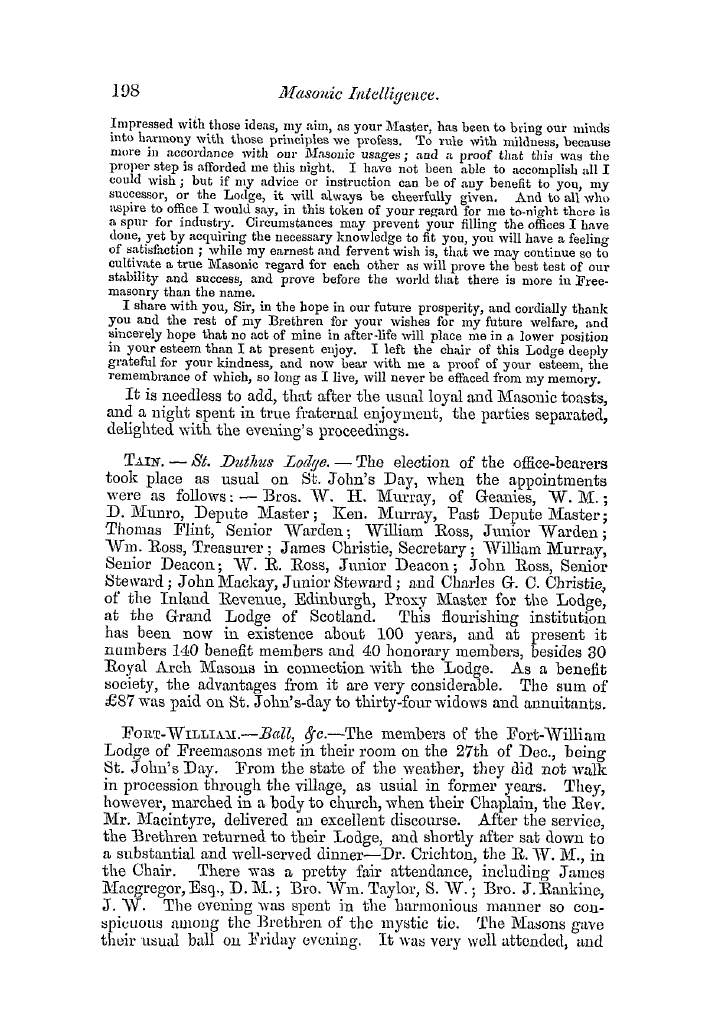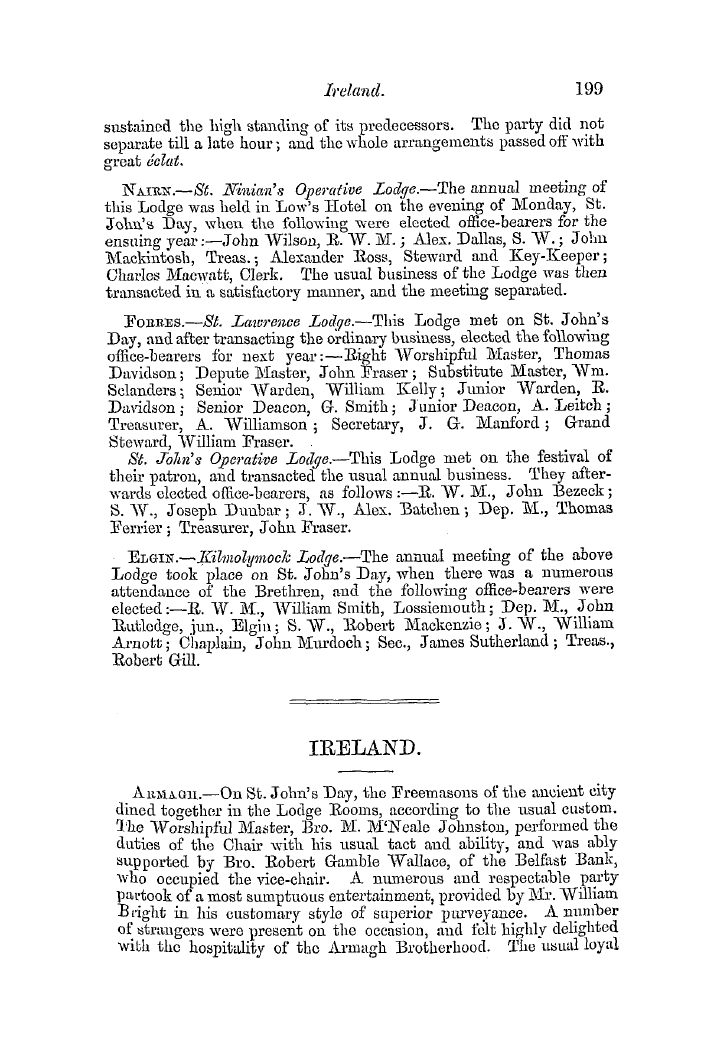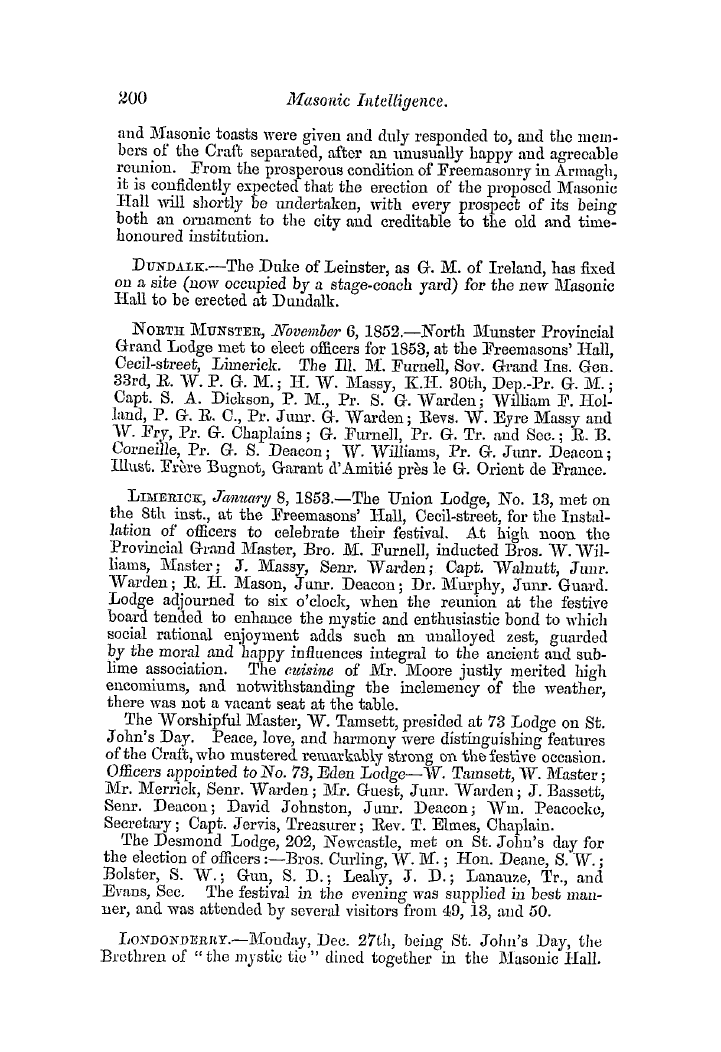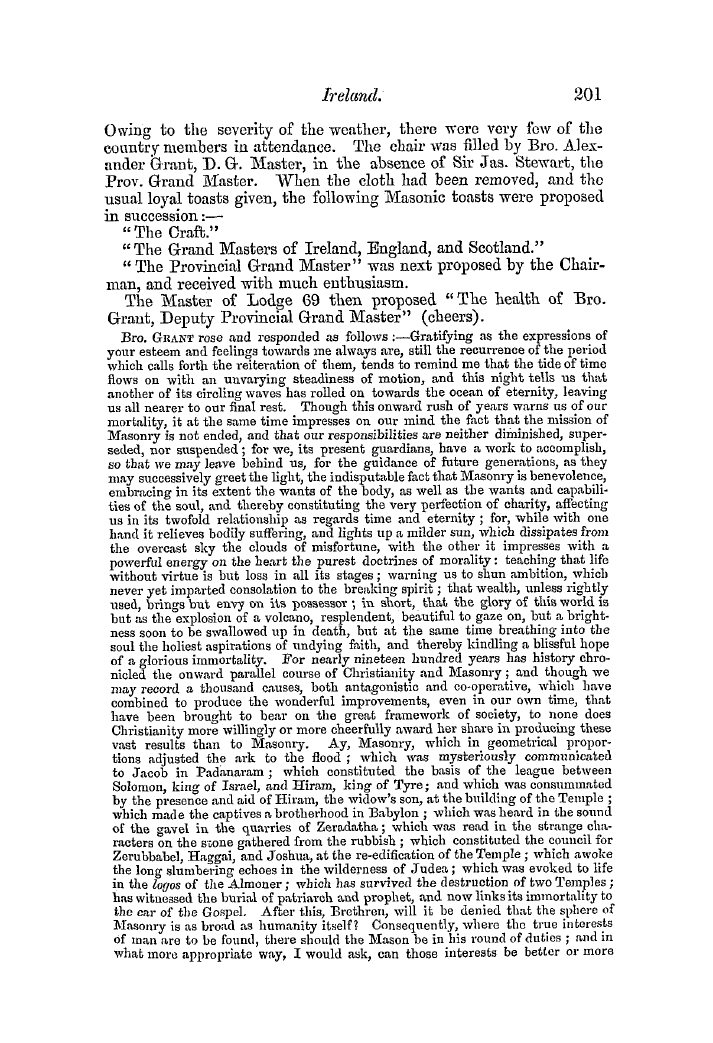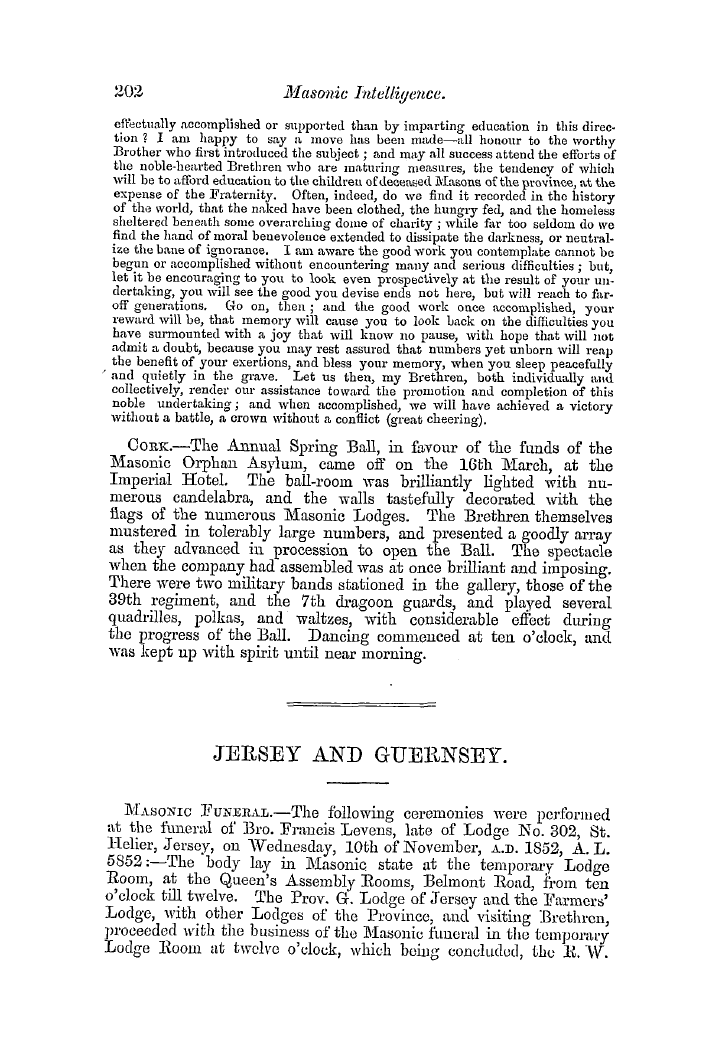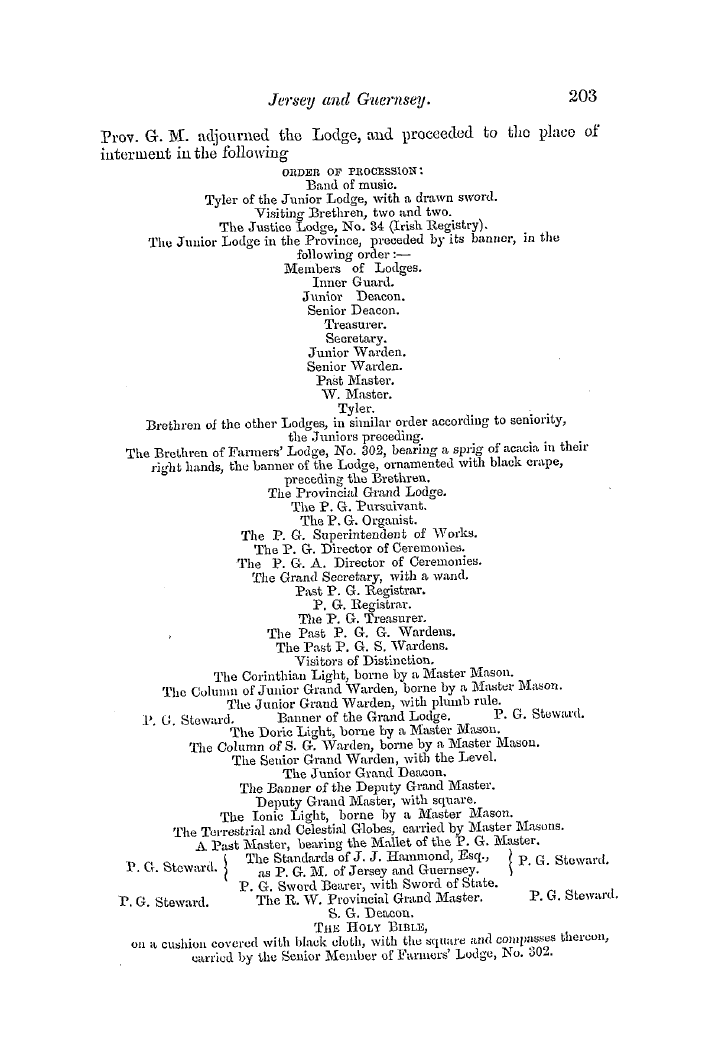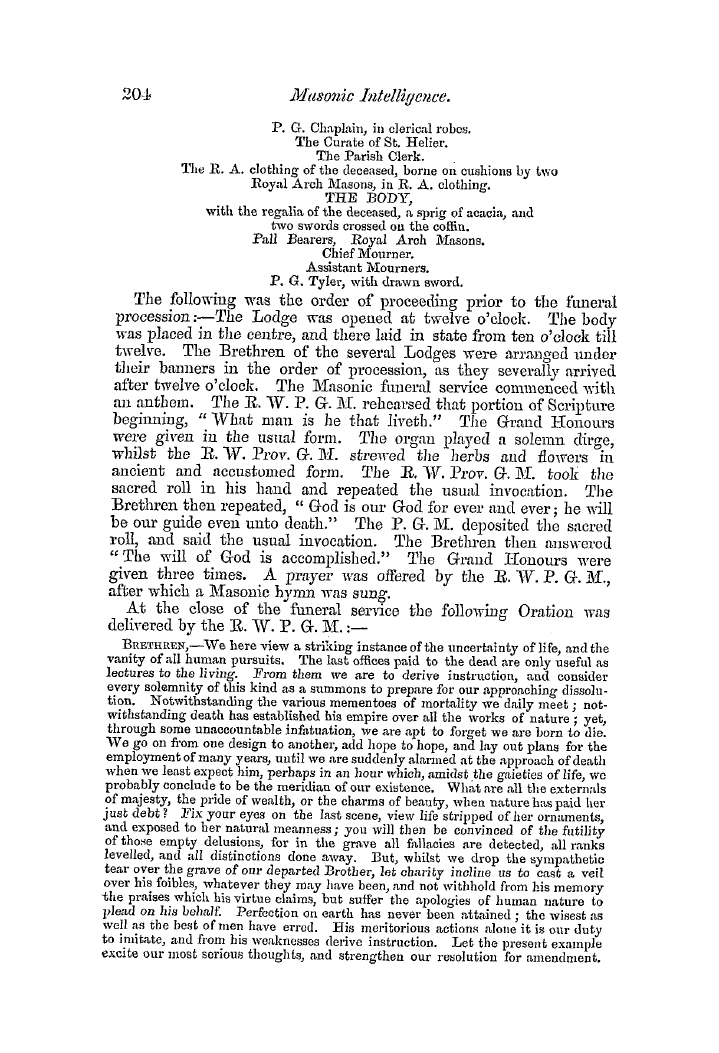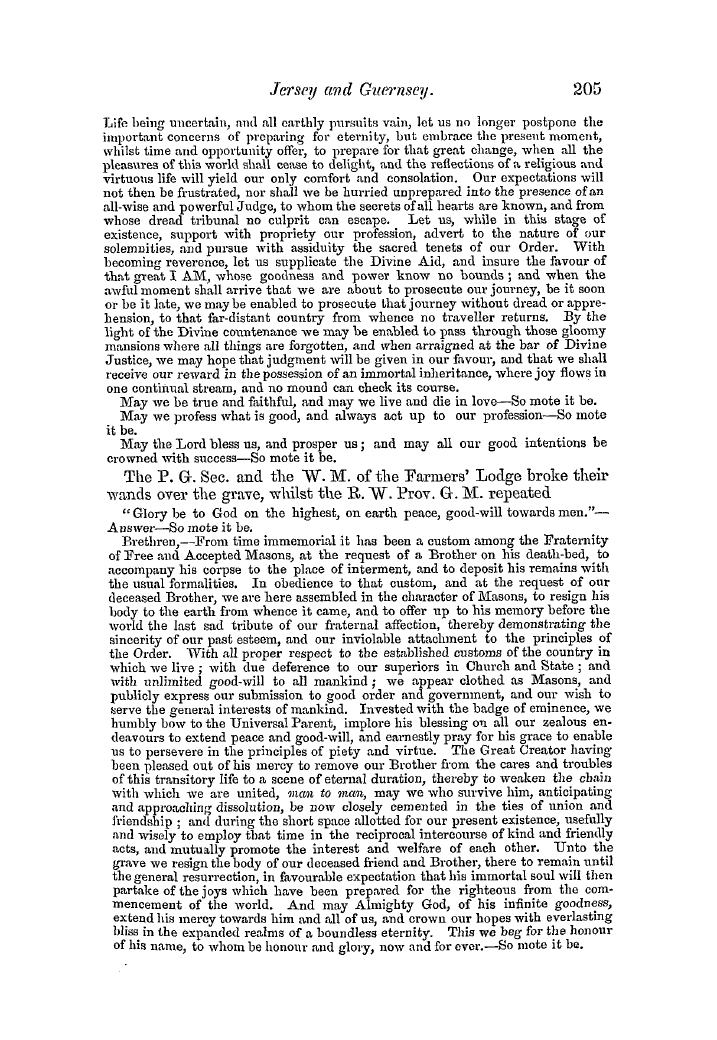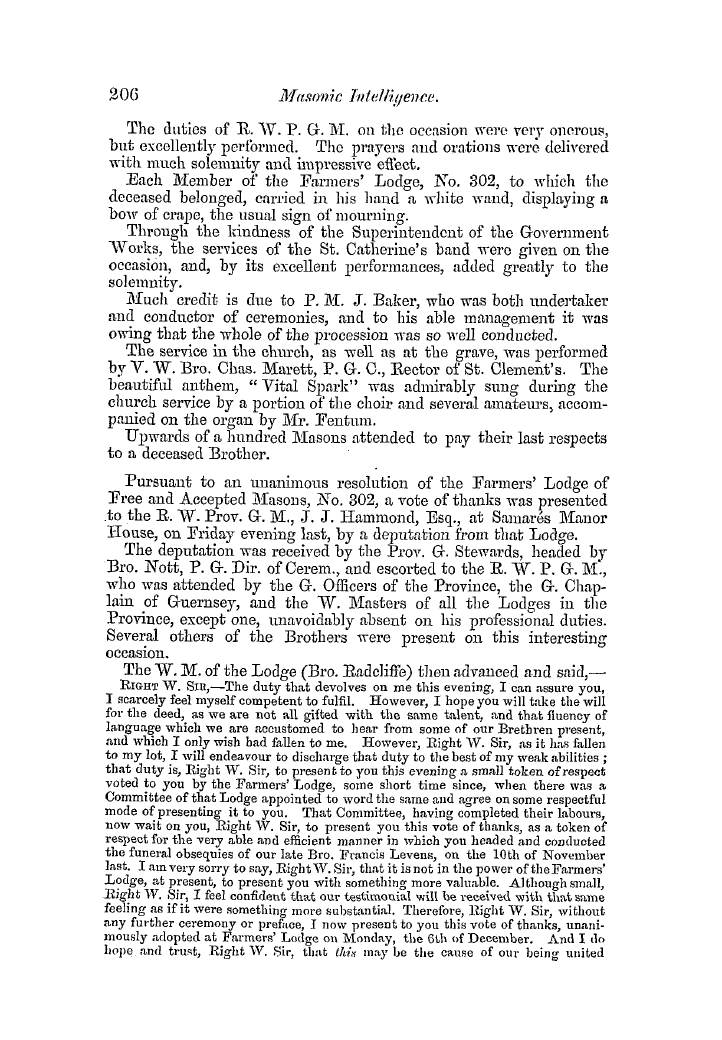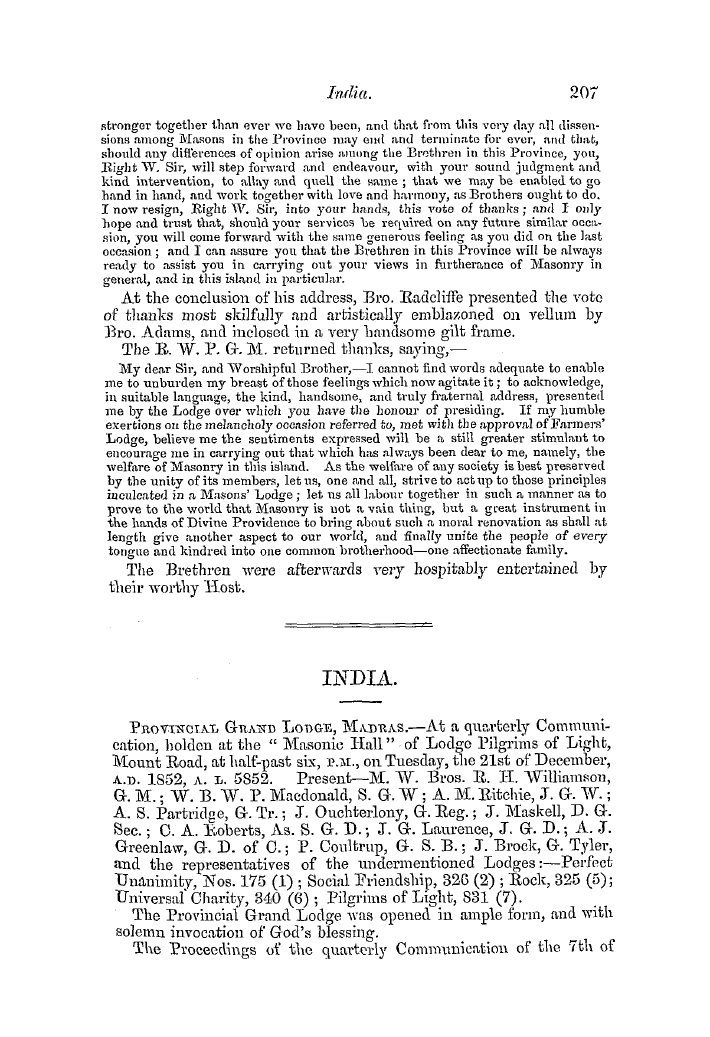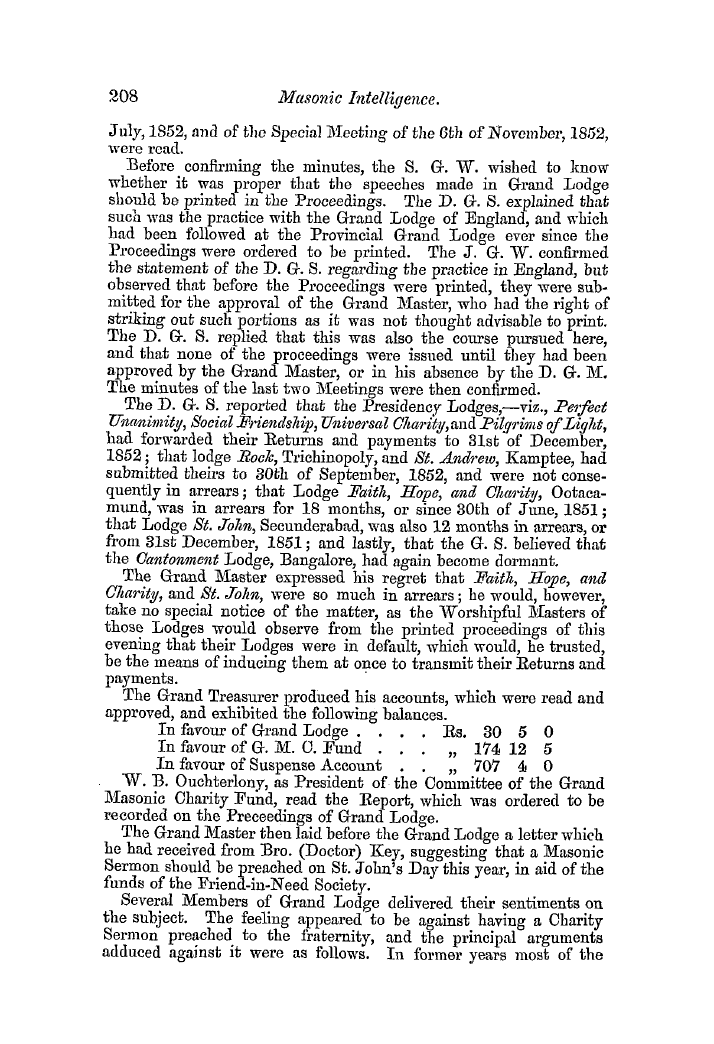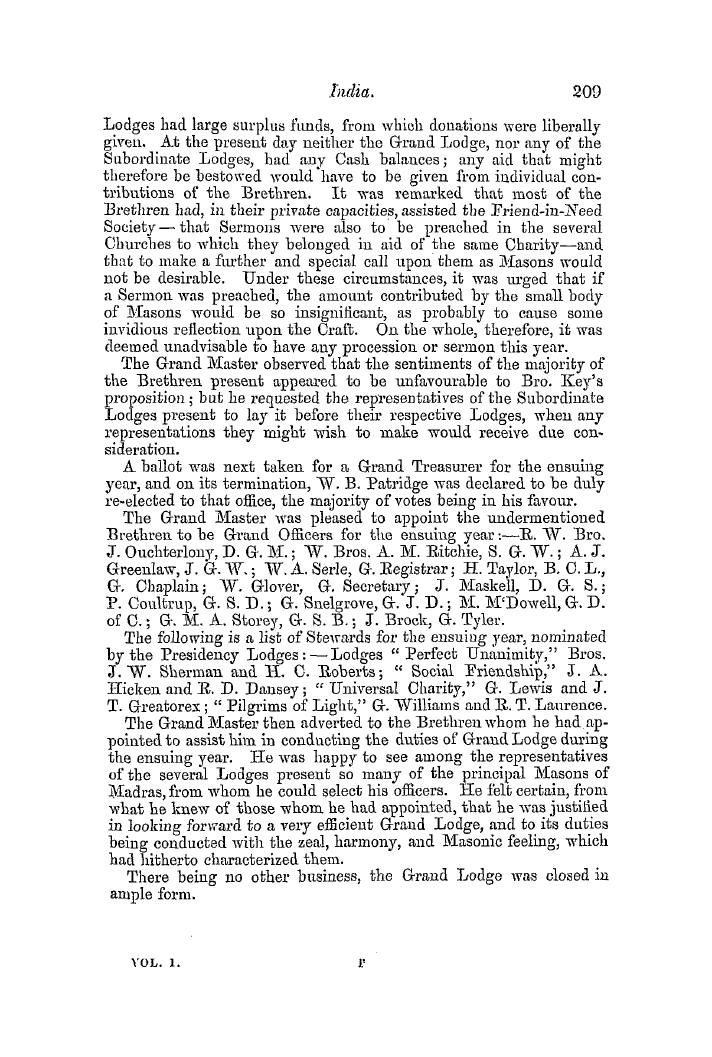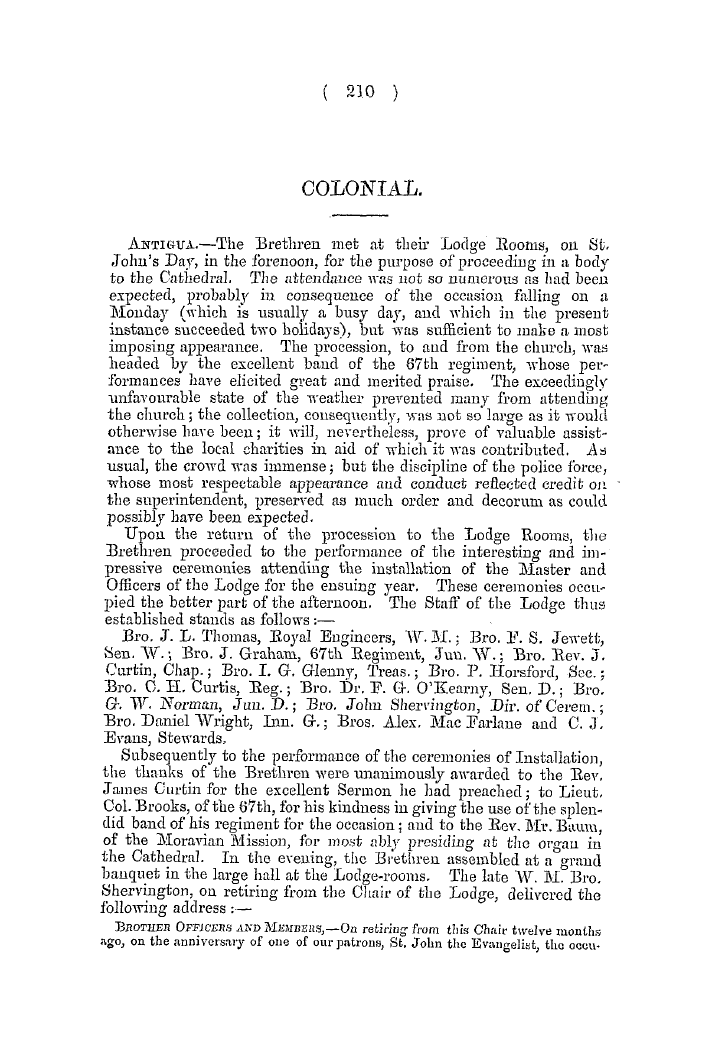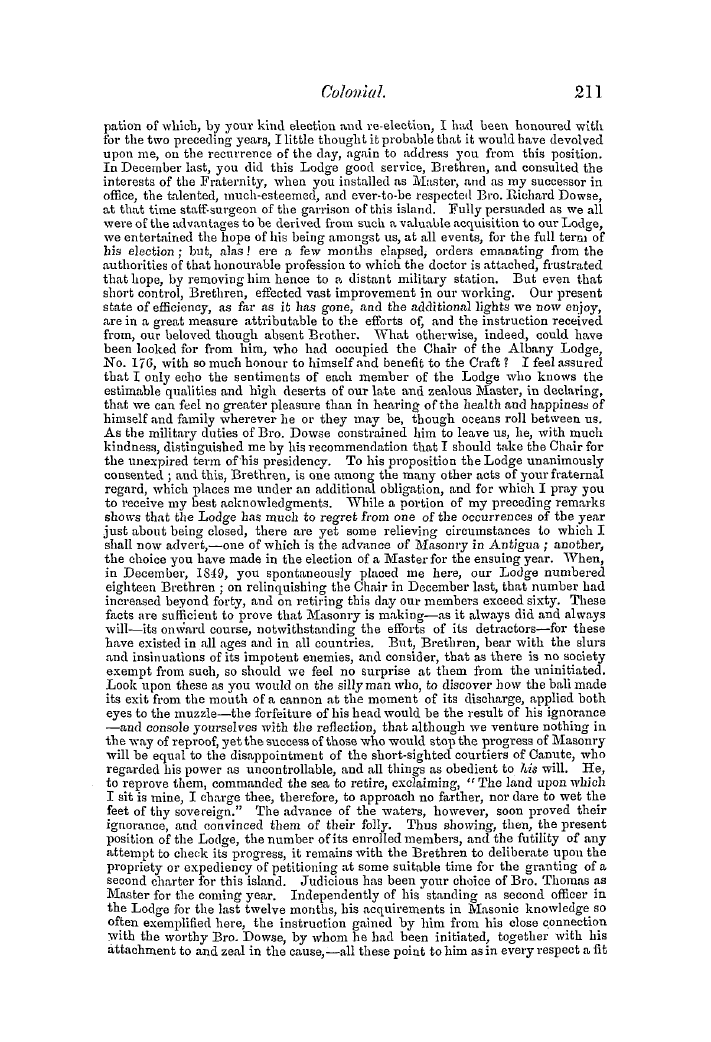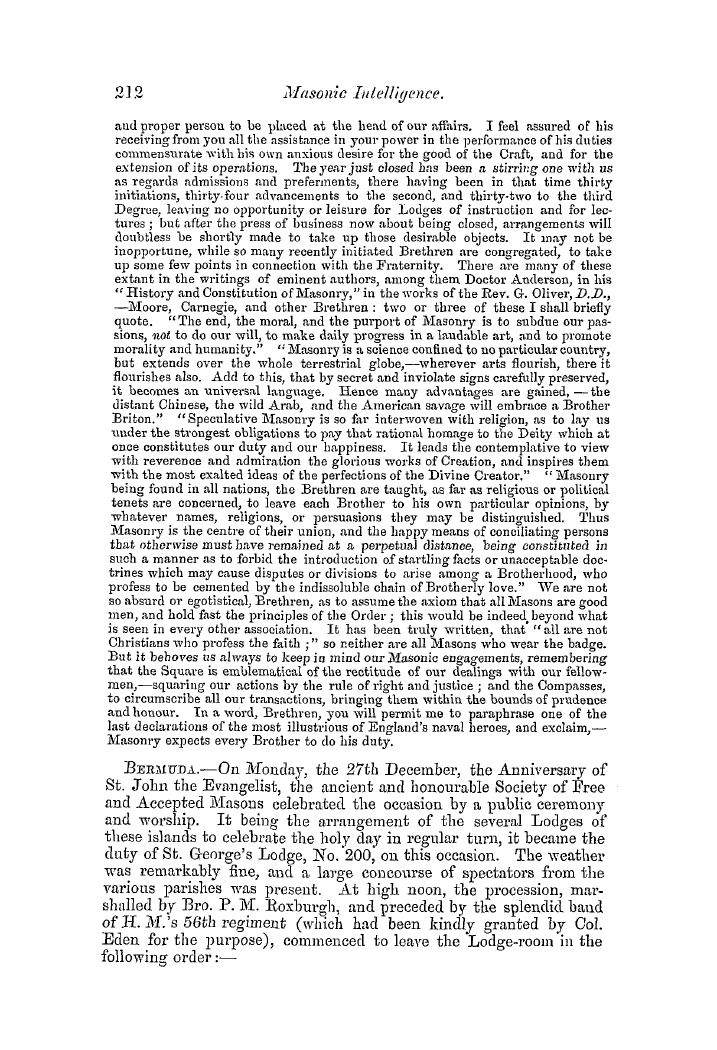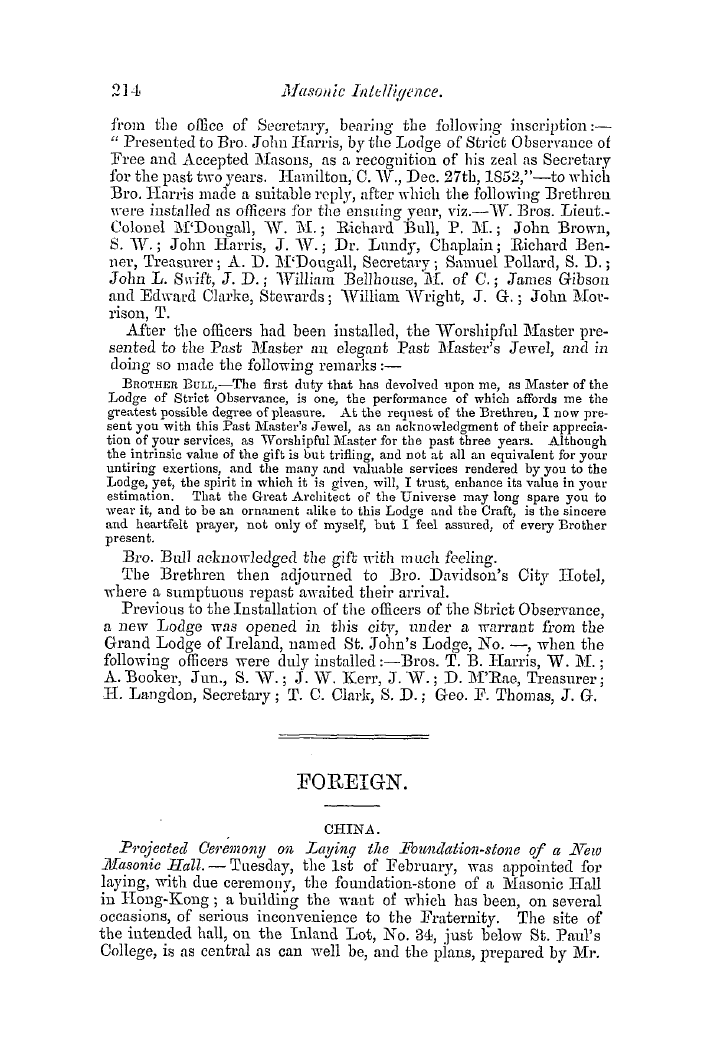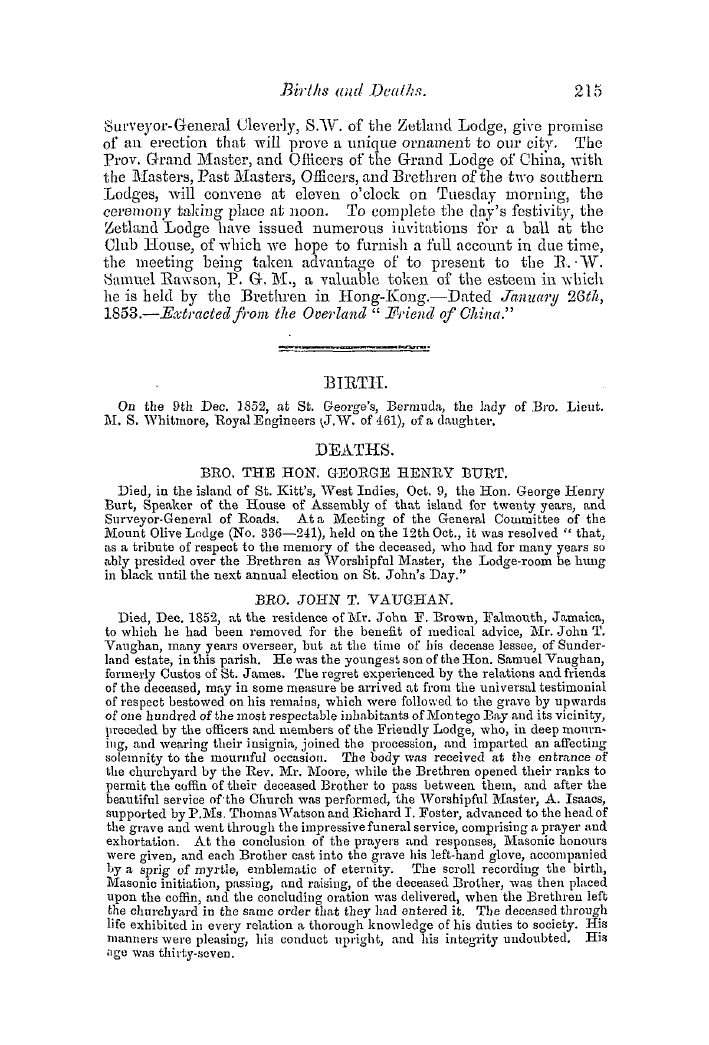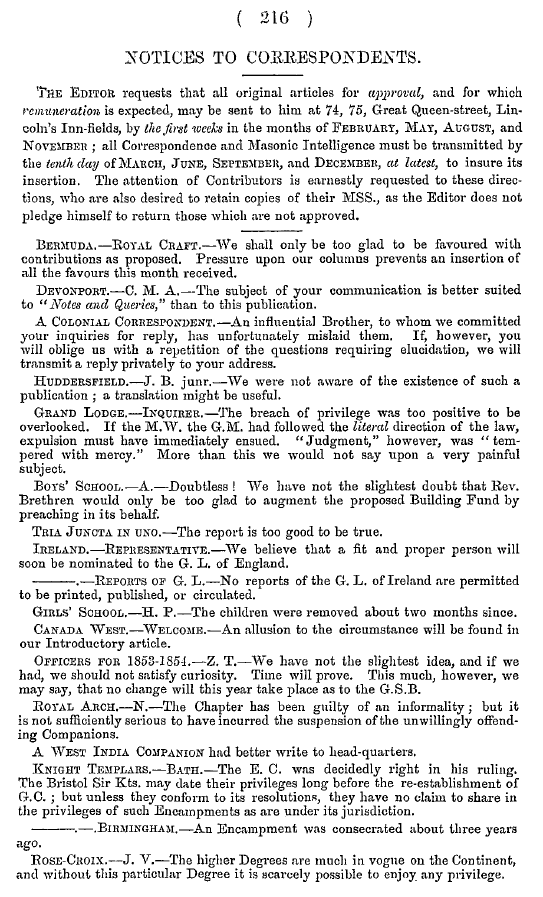Note: This text has been automatically extracted via Optical Character Recognition (OCR) software.
Female Literature In France In The Seventeenth Century.
In addition to tlie Memoirs of her own life , AA'hich possess all the interest of a romance , ancl are Avritten Avith grace ancl ease , Madame Mxu'at produced several novels ; the first , AA'hich is entitled " The Effects of Jealousy , " is founded on tlie melanchol y history of the beautiful Francoise de Foix , Countess of Chateaubriant ,
Avhose eventful life ancl fri ghtful death are narrated Avith a mingled brilliancy ancl pathos Avhich captivate tlie sympathies of the reader . The coxu * t of Francis I . is painted xvith a masterhand ; although , as has been almost universally the case Avith all French AA'riters , the character of the dissolute ancl unprincipled monarch is invested with a chiA'alry to AA'hich it cannot
fairly advance any claim . The second , AA'hich is purely a work of imagination , bears the extraordinary title of " The Hobgoblins of Kirnosi , " a title AA'hich for a time tended to diminish its popularity ; as it became better knoxvn , hoAvever , the ingenuity of the tale ancl the playfulness of the style OA'ercame the prejudice which originally existed against it ; and it is IIOAV justly regarded as the best
production of her fluent and prolific pen . The " Hobgoblins of Kirnosi " AA'ere succeeded by a collection of Fairy Tales , Avhich although less known than those of Madame d'Aulnoy , may safely be declared to A-ie with them in merit . They perhaps display less invention , but they are so gracefull y and gaily Avritten , so full of fancy , and so brilliant in imagery , that they cannot fail to be
read Avith pleasure . The last xvork of Madame cle Murat " The Country Journey , " is a collection of tales , supposed to be narrated by a party assembled in a provincial chateau , many of which are singxdaii y entertaining ; ancl among others certain ghost-stories , Avhich are told Avith such an air of truth , as to be positix'ely startling . I may mention another of her novels ,
called " The Count cle Dunois , " of AA'hich the period is once more that of Francis I . ; but in order to give my readers an idea of the more serious style of Madame Murat , and IIOAV thoroughly she can forget her feelings of authorshi p xvhere her heart is interested , I will make a feAV extracts from her Autobiography , AA'hich AA'ill , if I do not deceive myself , be found to justify the ln'eceding remarks : —•
" I am of illustrious birth , both on my father ' s and my mother ' s side . My first misfortune xvas that of being born too soon . ' My mother had barely attained her sixteenth year when I came into the Avorld ; and as she had no other child for a period of ten years , I was regarded as the heiress of my family . My mother was too young to endure to see a daughter grow up beside her who must ere long betray her age ; and I was consequently consigned to the guardianship of a grandmother , who felt for mc all that blind admiration which persons adA'anced in life sometimes evince towards children in whom they hope to see both their race
Note: This text has been automatically extracted via Optical Character Recognition (OCR) software.
Female Literature In France In The Seventeenth Century.
In addition to tlie Memoirs of her own life , AA'hich possess all the interest of a romance , ancl are Avritten Avith grace ancl ease , Madame Mxu'at produced several novels ; the first , AA'hich is entitled " The Effects of Jealousy , " is founded on tlie melanchol y history of the beautiful Francoise de Foix , Countess of Chateaubriant ,
Avhose eventful life ancl fri ghtful death are narrated Avith a mingled brilliancy ancl pathos Avhich captivate tlie sympathies of the reader . The coxu * t of Francis I . is painted xvith a masterhand ; although , as has been almost universally the case Avith all French AA'riters , the character of the dissolute ancl unprincipled monarch is invested with a chiA'alry to AA'hich it cannot
fairly advance any claim . The second , AA'hich is purely a work of imagination , bears the extraordinary title of " The Hobgoblins of Kirnosi , " a title AA'hich for a time tended to diminish its popularity ; as it became better knoxvn , hoAvever , the ingenuity of the tale ancl the playfulness of the style OA'ercame the prejudice which originally existed against it ; and it is IIOAV justly regarded as the best
production of her fluent and prolific pen . The " Hobgoblins of Kirnosi " AA'ere succeeded by a collection of Fairy Tales , Avhich although less known than those of Madame d'Aulnoy , may safely be declared to A-ie with them in merit . They perhaps display less invention , but they are so gracefull y and gaily Avritten , so full of fancy , and so brilliant in imagery , that they cannot fail to be
read Avith pleasure . The last xvork of Madame cle Murat " The Country Journey , " is a collection of tales , supposed to be narrated by a party assembled in a provincial chateau , many of which are singxdaii y entertaining ; ancl among others certain ghost-stories , Avhich are told Avith such an air of truth , as to be positix'ely startling . I may mention another of her novels ,
called " The Count cle Dunois , " of AA'hich the period is once more that of Francis I . ; but in order to give my readers an idea of the more serious style of Madame Murat , and IIOAV thoroughly she can forget her feelings of authorshi p xvhere her heart is interested , I will make a feAV extracts from her Autobiography , AA'hich AA'ill , if I do not deceive myself , be found to justify the ln'eceding remarks : —•
" I am of illustrious birth , both on my father ' s and my mother ' s side . My first misfortune xvas that of being born too soon . ' My mother had barely attained her sixteenth year when I came into the Avorld ; and as she had no other child for a period of ten years , I was regarded as the heiress of my family . My mother was too young to endure to see a daughter grow up beside her who must ere long betray her age ; and I was consequently consigned to the guardianship of a grandmother , who felt for mc all that blind admiration which persons adA'anced in life sometimes evince towards children in whom they hope to see both their race































































































































































































